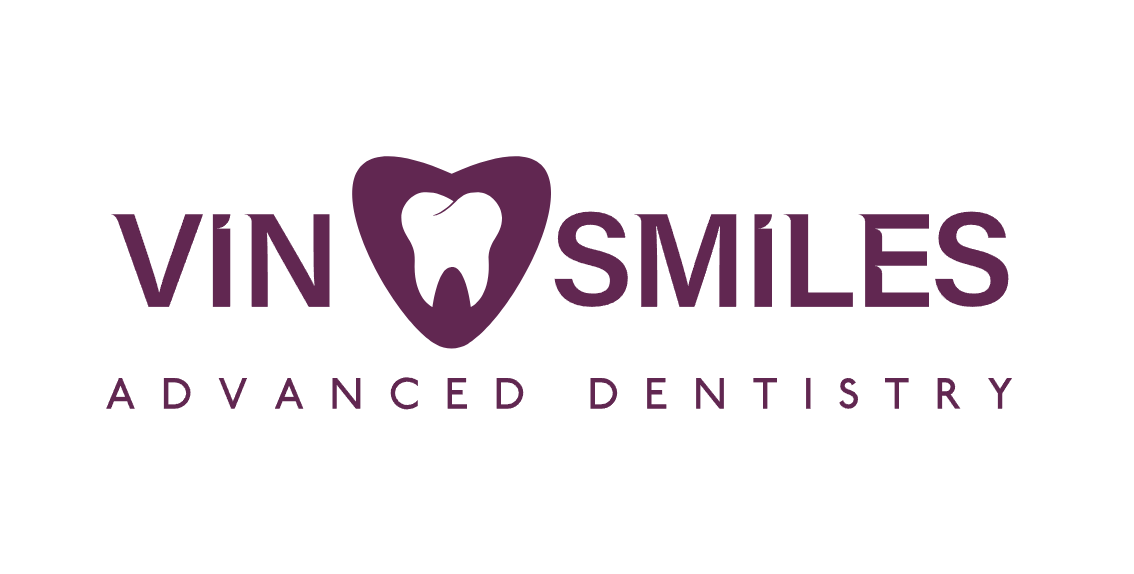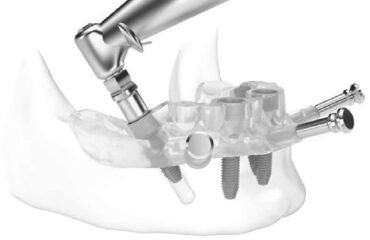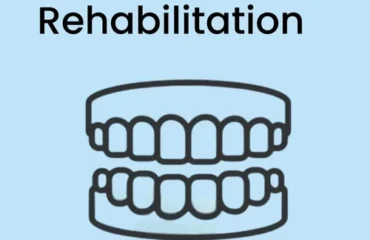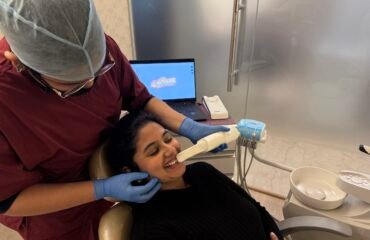 “Do I Have To Replace My Extracted Tooth” If you choose not to replace an extracted tooth, several potential consequences and oral health issues may arise, depending on which tooth is missing and your overall dental condition. Here are some detailed implications of not replacing an extracted tooth:
“Do I Have To Replace My Extracted Tooth” If you choose not to replace an extracted tooth, several potential consequences and oral health issues may arise, depending on which tooth is missing and your overall dental condition. Here are some detailed implications of not replacing an extracted tooth: - Shift in Tooth Alignment:
- Bone Loss and Resorption:
- Chewing and Digestive Problems:
- Speech Difficulties:
- Aesthetic Concerns:
- Increased Risk of Tooth Decay and Gum Disease:
- TMJ (Temporomandibular Joint) Issues:
- Over-Eruption of Opposing Teeth:
- Functional and Cosmetic Compromises:
- Psychological and Emotional Impact:
- Location of the Extracted Tooth:
- Overall Oral Health:
- Replacement Options:
- Personal Preferences:
- Time Considerations:




